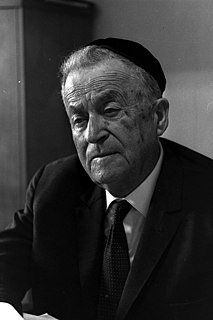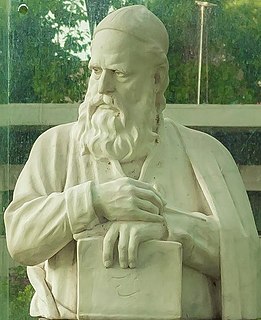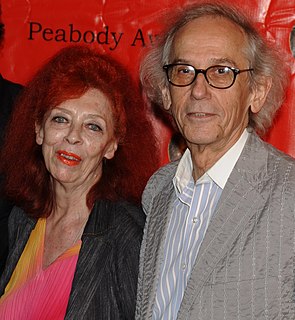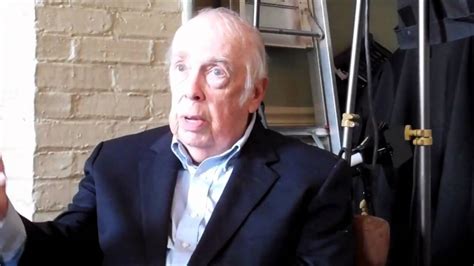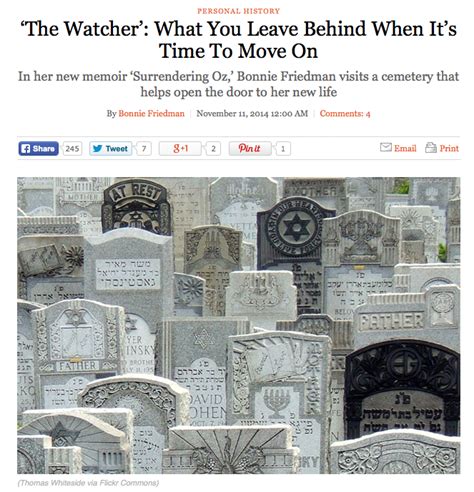A Quote by Nick Tosches
Joe Bonomo has written a fine book: a book not only about a band or times passed, but also about the rare virtue of endurance.
Related Quotes
The book I am best known for, or only known for, is a novel I am prepared to repudiate: written a quarter of a century ago, a jeu d'esprit knocked off for money in three weeks, it became known as the raw material for a film which seemed to glorify sex and violence. The film made it easy for readers of the book to misunderstand what it was about, and the misunderstanding will pursue me till I die. I should not have written the book because of this danger of misinterpretation.

